The Secret Lives of Bees: Unveiling the Importance of Pollinators on Farms
Attention all buzzing readers! Prepare to take a closer look into the secret lives of bees and discover why they are the true MVPs (Most Valuable Pollinators) on farms. While you may think these tiny creatures are just innocent honey-makers, hold onto your sunflower hats because we’re about to reveal the hidden truth behind their crucial role in our food system. Get ready for a wild ride as we delve into the fascinating world of pollinators on farms, where hard work meets sweet rewards!
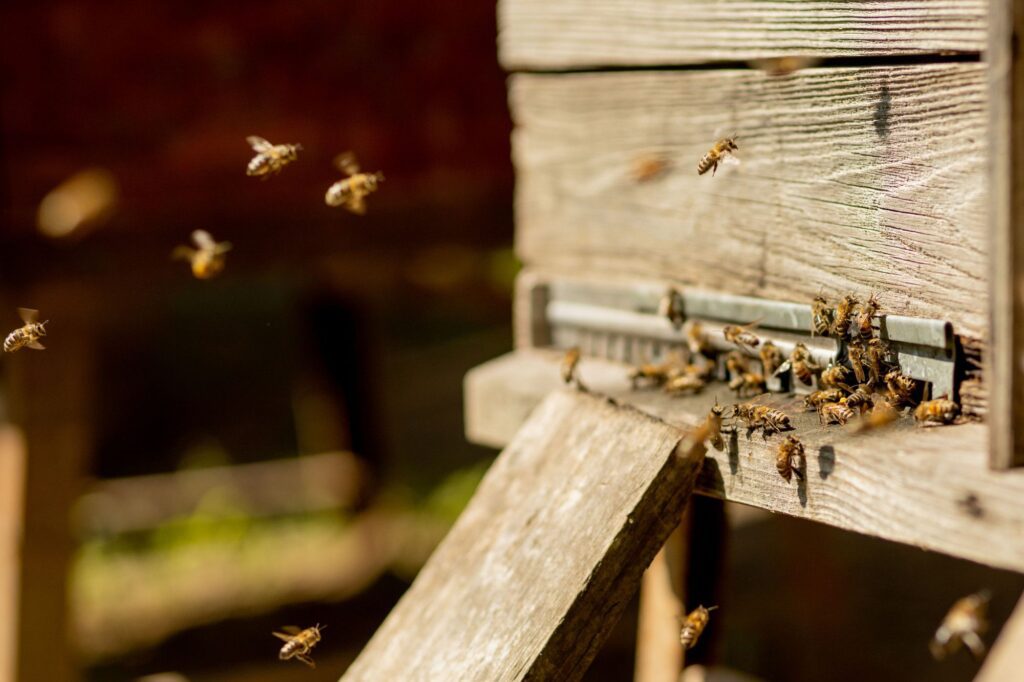
The Importance of Pollinators on Farms
No farms, no food – a simple yet profound statement that reminds us of the crucial role farmers play in feeding the world. But have you ever thought about the unsung heroes working tirelessly alongside them? Enter: pollinators! These buzzing creatures may not don capes, but their superpowers are unparalleled when it comes to ensuring bountiful harvests.
Picture this: a barren field, brimming with rows and rows of crops waiting patiently for their turn to transform into our favorite fruits and vegetables. Now imagine if every blossom had to rely solely on the wind or random chance for cross-pollination. It would be like trying to navigate through a labyrinth blindfolded! Thankfully, our winged allies swoop in to save the day (and our taste buds!). Bees and other pollinators flit from flower to flower, fulfilling nature’s delicate dance of fertilization. This symbiotic relationship between plants and pollinators is what brings forth those plump tomatoes, luscious strawberries, and juicy watermelons onto our plates.
But it’s not just about satisfying our culinary desires; these industrious insects also contribute significantly to global food security. According to estimates by the Food and Agriculture Organization (FAO), roughly 75% of global food crop varieties depend on animal pollinators on farms in some way. Without them busily carrying pollen from one plant to another, staple crops such as rice, wheat, and corn would struggle mightily in producing abundant yields – cue worldwide hunger and food shortages.
The Decline in Bee Populations: Causes and Consequences
The decline in bee populations has been a buzzworthy topic in recent years and for a good reason. These industrious little pollinators on farms play a crucial role in our ecosystem and food production. But what exactly is causing their numbers to dwindle? Well, it turns out that the blame can be pointed towards a variety of factors – from the use of pesticides to habitat loss.
One major consequence of the decline of pollinators on farms is the impact on the farms that rely on them. Bees are essential for pollinating crops and ensuring healthy yields. Without them, farmers have to rely on alternative methods such as manual pollination – which sounds like quite a tedious task if you ask me! So next time you complain about shelling out a few extra bucks for your honey at the supermarket, just remember that it might be because bees are becoming as rare as finding a good punchline at an open mic night.
But let’s not get too down in the honey jar here. The decline in bee populations also presents an opportunity for us humans to step up and take action. From planting bee-friendly gardens to supporting local beekeepers, there are plenty of ways we can help reverse this trend and ensure that these vital insects continue buzzing along happily (and pun intended) well into the future. Because let’s face it – life without bees would really sting!
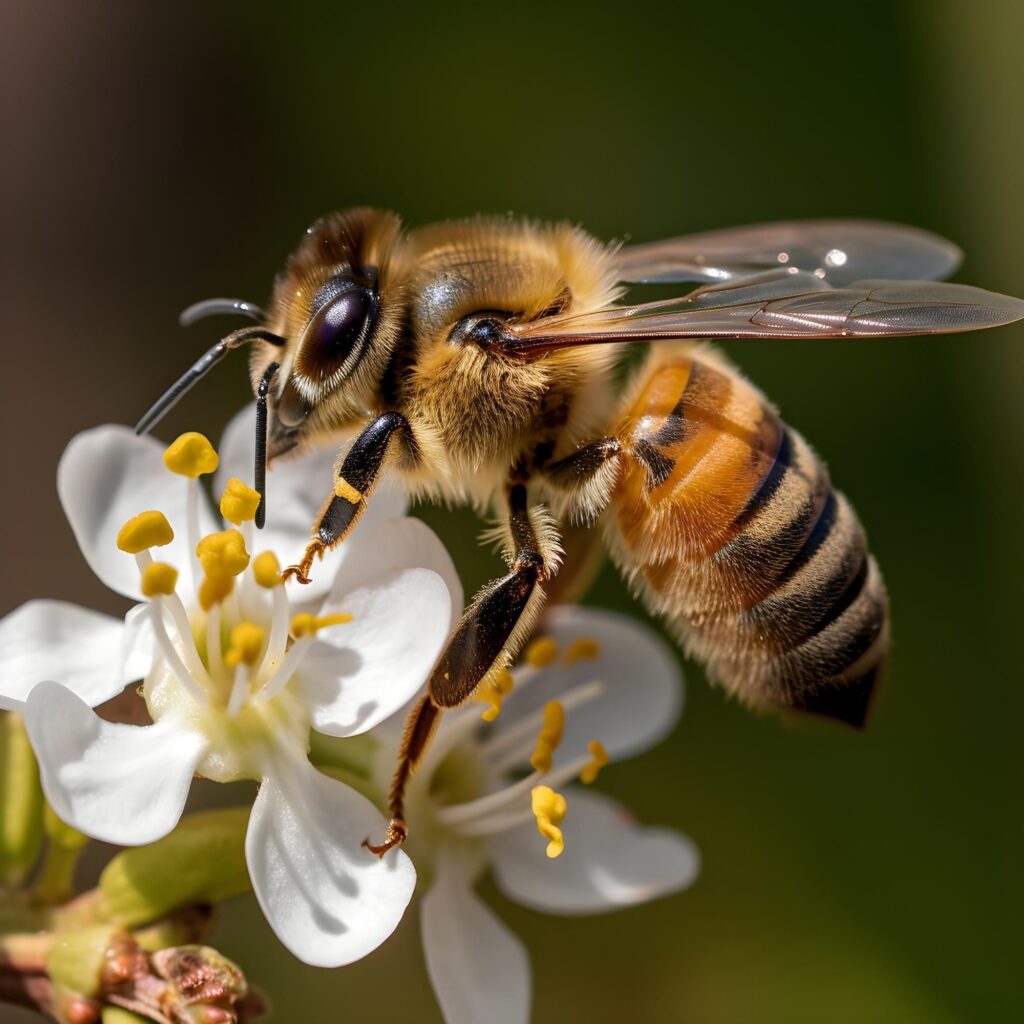
The Economic Impact of Pollinator Losses
The economic impact of pollinator losses cannot be understated. Pollinators, such as bees, butterflies, and birds, play a crucial role in agriculture by facilitating the reproduction of plants. Without them, farmers would struggle to produce many of the fruits, vegetables, and nuts that form the backbone of our diets. The value of pollination services provided by these creatures is estimated to be around $235-577 billion annually worldwide.
Not only do pollinators contribute to agricultural production, but their absence also leads to increased costs for farmers. In the absence of natural pollinators, farmers often have to resort to hand-pollinating crops – a labor-intensive and expensive process. This additional cost trickles down to consumers through higher prices on produce at grocery stores.
Moreover, the decline in pollinator populations can have long-term implications for biodiversity and ecosystem stability. A decrease in pollinators can disrupt ecological networks and endanger other species that rely on these interactions for survival. As entire ecosystems unravel due to diminished or lost populations of pollinators, we are left with an imbalanced world that is less resilient against environmental changes.
Reversing this trend requires collective action from both governments and individuals alike. Implementing policies that protect habitats and ban harmful pesticides can go a long way in preserving pollen-rich environments for these vital creatures. Additionally, supporting local beekeepers or setting up backyard gardens with native plants can provide safe havens where bees and other insects can thrive.
Solutions for Protecting Pollinators on Farms
One of the most pressing challenges facing modern farming is the dramatic decline in pollinator populations. Without these busy little workers, our agricultural system would be severely compromised.
Luckily, there are solutions available to protect and support pollinators on farms. One strategy is to create wildlife-friendly habitats within agricultural landscapes. This includes planting native wildflowers and perennial plants that provide nectar and pollen sources for pollinators throughout the year. By establishing hedgerows or field margins with diverse plant species, farmers can attract a greater variety of pollinators while also providing them with food and shelter.
Another approach is to limit or eliminate pesticide use on farmlands. Pesticides can have detrimental effects on bees and other insects by disrupting their nervous systems or even killing them outright. Transitioning to organic farming methods or implementing Integrated Pest Management (IPM) strategies can significantly reduce dependence on harmful pesticides while still effectively controlling pests.
By implementing these solutions for protecting pollinators on farms, we not only safeguard valuable biodiversity but also ensure the sustainability of our food production systems. These measures may require some adjustments and investments from farmers in the short term but will ultimately benefit both nature’s vital pollinators and human livelihoods in the long run. Together, we can pave the way toward a future where bees hum contentedly through our fields, working tirelessly as nature’s unsung heroes.
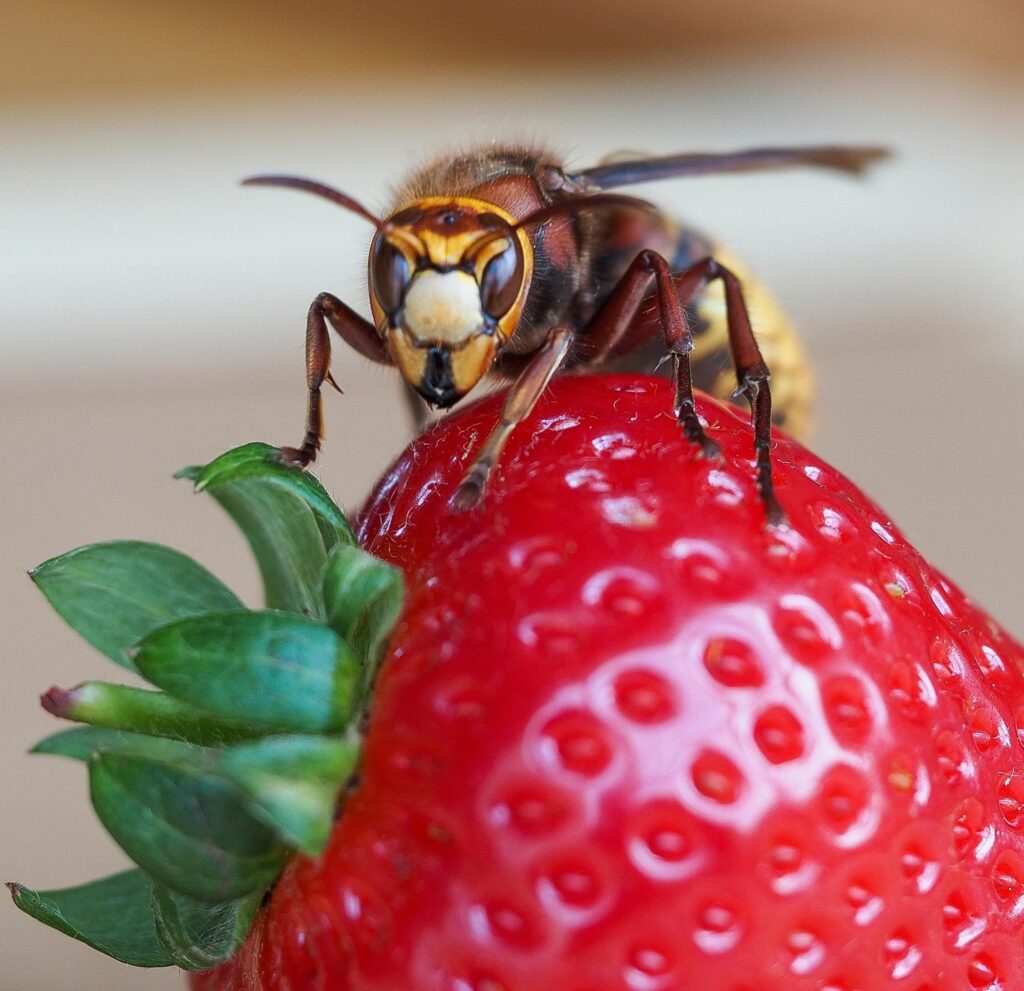
Conclusion: Promoting a Sustainable Future for Bees
In conclusion, promoting a sustainable future for bees is crucial not only for the survival of these incredible creatures but also for our own well-being. Bees play a vital role in pollinating crops, ensuring food security, and maintaining biodiversity. By implementing environmentally friendly practices such as reducing pesticide use, planting native wildflowers, and creating bee-friendly habitats, we can help protect and support bee populations.
But it’s not just about creating a safe environment for bees; it’s also about understanding the interconnectedness of our ecosystem. As we strive to promote a sustainable future for bees, we are also benefiting other pollinators, birds, insects, and ultimately ourselves. By preserving the delicate balance of nature and prioritizing conservation efforts, we are investing in both the present and future generations’ ability to thrive.
It is up to each one of us to take action by spreading awareness about the importance of bees as pollinators on farms and encouraging others to join this cause. Together, through small changes in our daily lives and collective efforts in communities worldwide, we can ensure that bees continue their essential role in shaping our agricultural systems while safeguarding biodiversity for generations to come. Let us embrace these fascinating creatures as partners in sustaining life on Earth and work towards building a future where their buzzing presence remains an integral part of our natural landscapes.




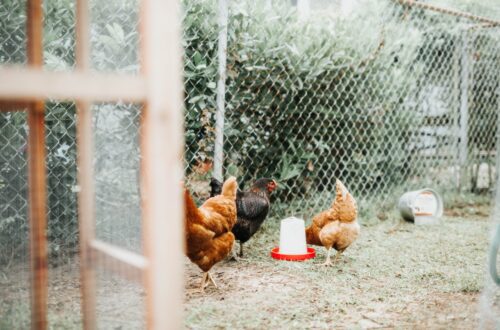
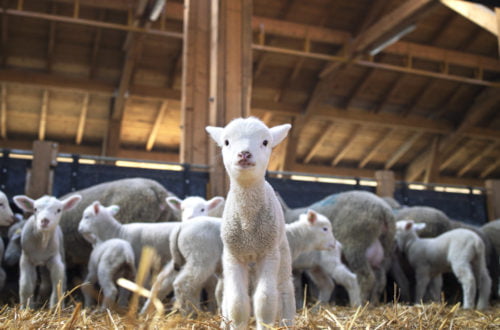

One Comment
Pingback: